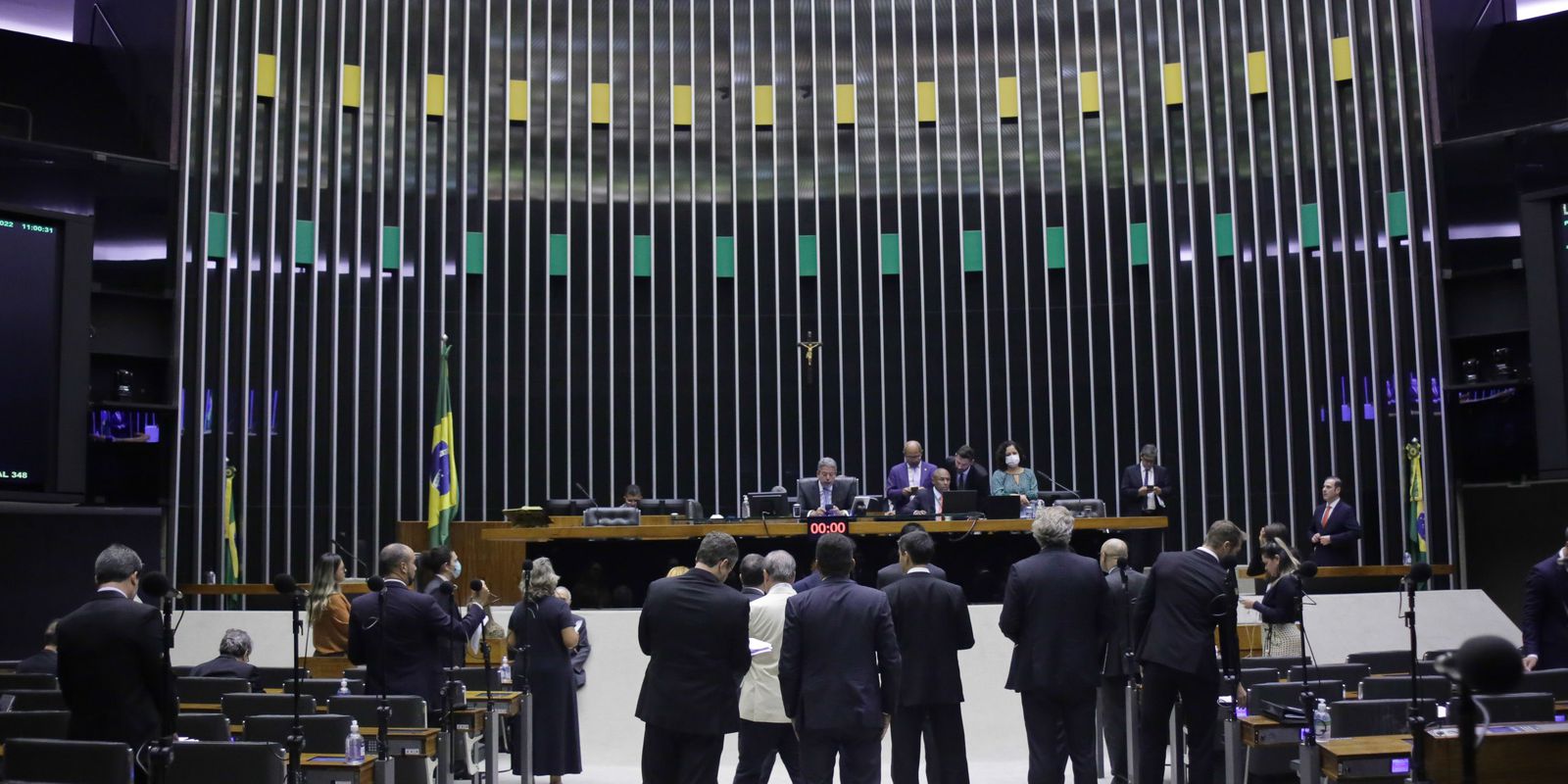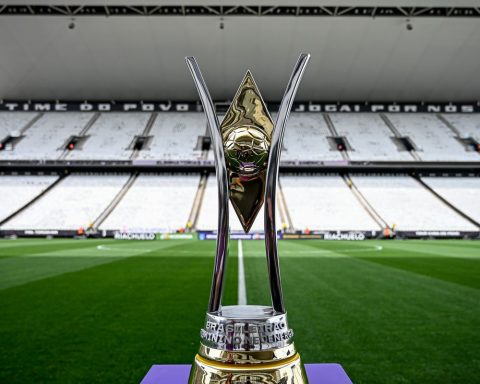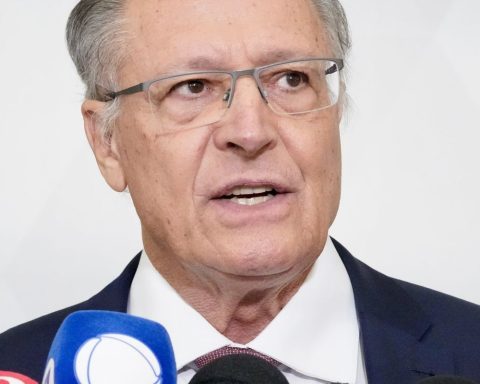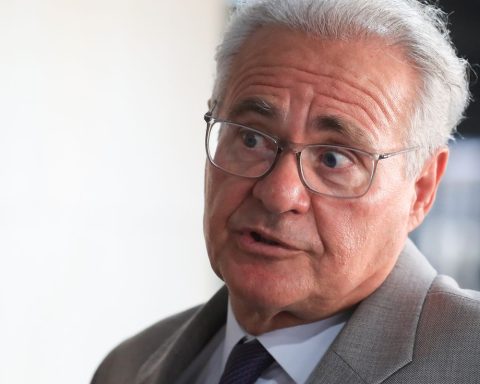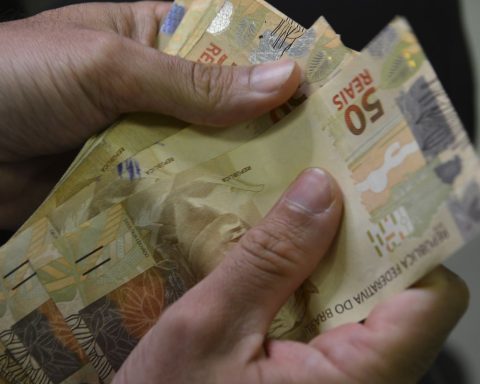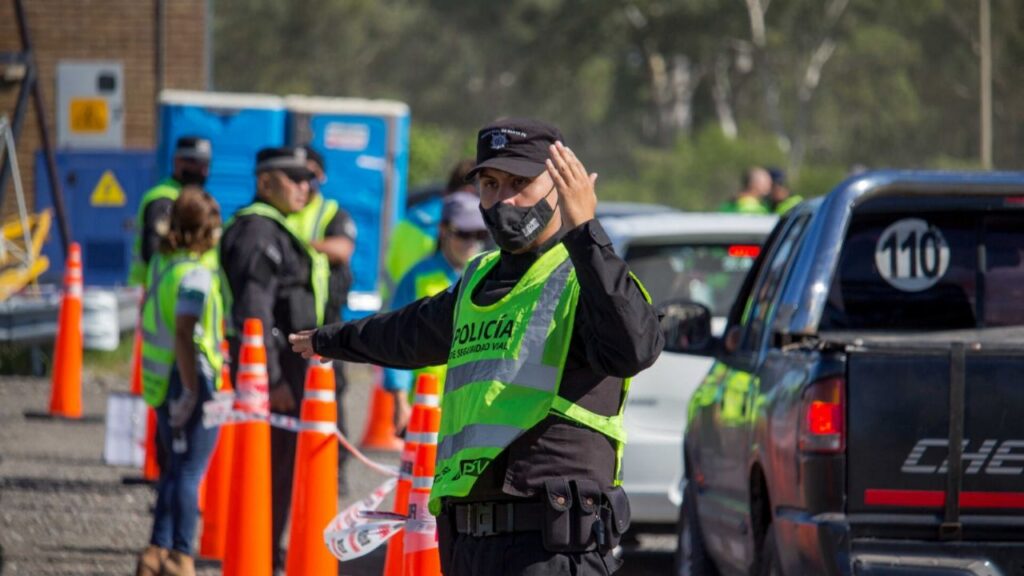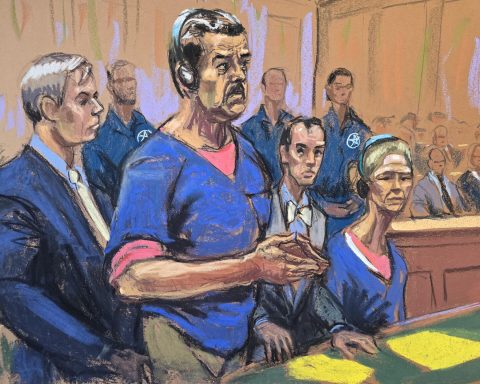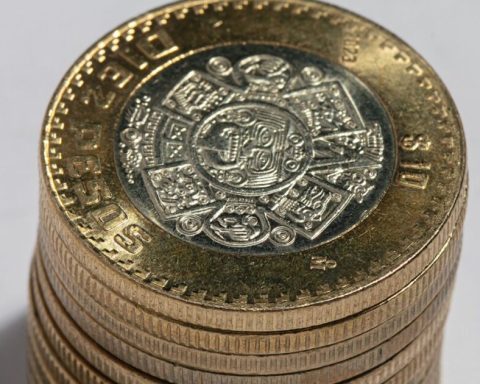The Chamber of Deputies has just finished voting on the Complementary Bill (PLP) 18/2022, which limits the application of the Tax on the Circulation of Goods and Services (ICMS) on fuels. The text goes to presidential sanction.
In this Wednesday’s session (15), the deputies rejected the only highlight that could change the approved base text last night (14) by parliamentarians. PT deputies proposed that the losses of states and municipalities be corrected for inflation (IPCA), ensuring compensation to entities in real values.
The project applies the ICMS rate for natural gas, electricity, communications and public transport. According to the article, these products would be classified as essential and indispensable, leading to the setting of the ICMS rate at a maximum level of 17% or 18% (depending on the location), which is lower than that currently practiced by states. The PLP also provides for the Union’s compensation for state revenue losses when the revenue loss exceeds 5%.
The text also reduces to zero, until December 31, 2022, the Cide-Fuel rates and the taxation of the Social Integration Program (PIS) and Contribution to the Financing of Social Security (Cofins) levied on gasoline. Diesel and cooking gas already have these taxes zeroed.
Compensation
As it passed through the Senate, congressmen added a device to guarantee resources for the Basic Education Maintenance Fund (Fundeb). This amendment provides that, if states and municipalities lose resources as a result of the law, the Union will compensate them so that Fundeb’s current levels are maintained. The measure prevents Fundeb from losing resources with the reduction of ICMS collection. The fund has revenues linked to the collection of this tax.
Like Fundeb, the health area, another resource stamped, will have the transfers guaranteed even if there is a loss of revenue from the states. Stamped resources are those with a defined destination, without the possibility of redirecting them to other areas.
price reduction
According to senator Fernando Bezerra (MDB-PE), rapporteur for the matter in the Senate, the bill could bring down the price of gasoline by R$1.65 and the price of diesel by R$0.76. However, he argued that prices could just “not go up much more”, depending on the international scenario, which influences the price of a barrel of oil and the appreciation of the dollar against the real.
